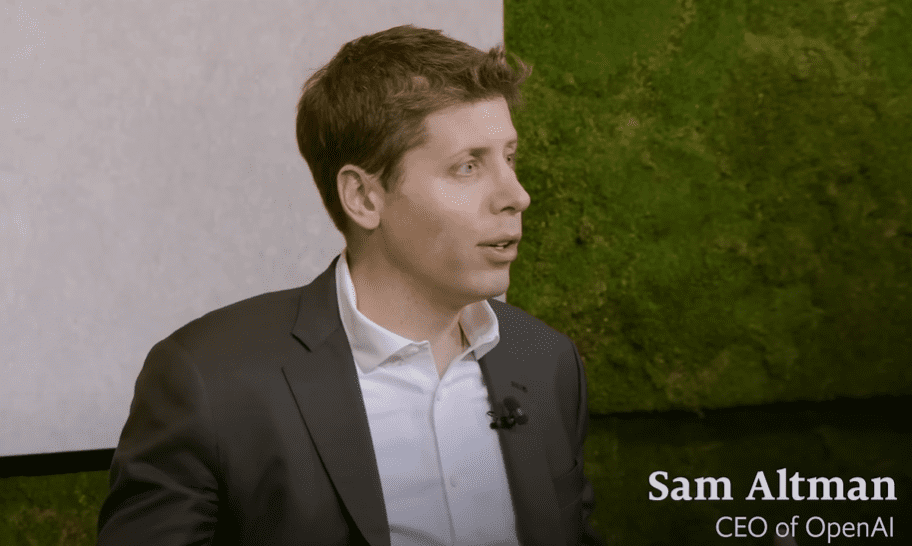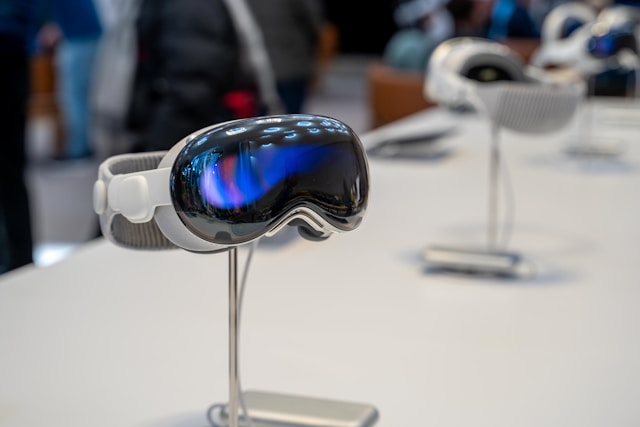In a shocking scam, deepfake technology was used to trick an employee at Arup, a major engineering firm, into handing over $25 million. This shows how advanced AI scams are becoming more common and dangerous.
The scam happened in January. An employee in Arup’s Hong Kong office thought they were on a video call with the company’s Chief Financial Officer (CFO) and other staff members. However, the video call was fake. Hong Kong public broadcaster RTHK reported that the scammers used AI to create realistic video and audio of the CFO and other employees.
During the call, the employee was told to transfer HK$200 million (about $25.6 million) to five different bank accounts. The employee did this over 15 transactions. It took about a week before the employee realized it was a scam when they contacted the company’s headquarters.
The scam was first reported in February, but the name of the company was not revealed. On Friday, the Financial Times reported that Arup, the company behind famous buildings like the Sydney Opera House and Apple’s California headquarters, was the victim of the scam.
Arup confirmed the scam in a statement to the Financial Times. They said they had “notified the police about an incident of fraud in Hong Kong” and that the scam involved “fake voices and images.” Arup assured that their financial stability and business operations were not affected, and none of their internal systems were compromised.
Deepfake scams are becoming more common as AI technology improves. Scammers are using deepfakes to trick people and companies in various ways. Hong Kong authorities have warned about another scam involving a deepfake of Elon Musk. In this scam, fraudsters use Musk’s likeness to trick people into investing in a fake crypto software.
Earlier this year, a woman in South Korea lost $50,000 to scammers who used a deepfake of Elon Musk. She believed she was investing the money with Musk after a video call with someone she thought was him. The fake Musk even expressed his love for her during the call.
Deepfakes are not only used in financial scams but also in romance scams. In these scams, fraudsters create fake online personas to gain their victims’ trust and then trick them into sending money.
The investigation into the Arup scam is still ongoing, and no arrests have been made so far, according to the Financial Times. Acting senior superintendent Baron Chan from Hong Kong’s police force emphasized the seriousness of the situation.
As deepfake technology continues to improve, it poses a serious threat to security and trust in digital communications. Companies and individuals need to be aware of these risks and take steps to protect themselves. This incident serves as a warning of the growing danger of AI-driven scams and the need for constant vigilance.










Leave a Reply